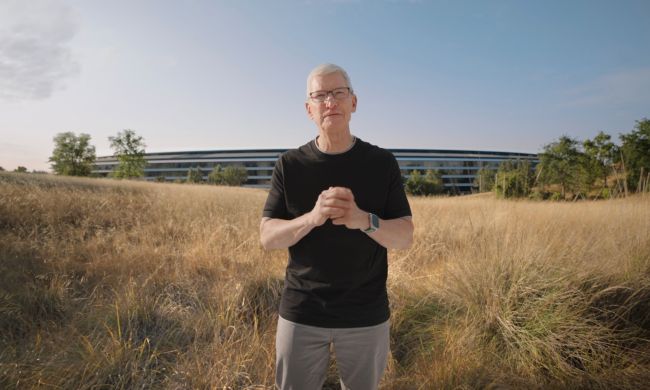Independent repair shops looking to acquire genuine iPhone parts and receive official training will need to sign a contract that opens them up to surprise inspections and the risk of massive fines.
Apple’s Independent Repair Provider Program, revealed in August 2019, allows third-party shops to perform common out-of-warrant repairs on iPhones. Participants will gain access to Apple’s parts, tools, manuals, and diagnostics through the program, which seeks to better meet customers’ needs by offering more outlets for iPhone repairs while maintaining the quality of service provided by the Apple Authorized Service Provider network.
However, a copy of the contract that third-party shops are required to sign to join the Independent Repair Provider Program, acquired by Motherboard, reveals very strict and invasive terms.
Independent repair shops that join the program will be subjected to surprise audits and inspections by Apple, which aims to make sure that the shops are not using “prohibited” parts. Apple defines such parts as both counterfeit parts, and parts that infringe on Apple’s intellectual property. If the shops leave the program, Apple reserves the right to keep doing the inspections for up to five years afterward.
If the audits and inspections reveal any violations, Apple may impose massive fines. For example, if Apple determines that over 2% of a repair shop’s transactions involved “prohibited” parts, it may impose a $1,000 penalty for each transaction within the audit period, in addition to making the shop pay for the cost of the investigation.
Apple also requires repair shops to share customer information upon request. This includes the customers’ names, phone numbers, and home addresses. The shops are also required to prominently display notices on their storefronts and websites that say they are not Apple Authorized Service Providers, despite receiving official certification from Apple.
The repair shops receive the contract from Apple after signing a non-disclosure agreement, Motherboard reported, citing multiple sources familiar with the program.
Electronic Frontier Foundation senior staff attorney Kit Walsh told Motherboard that the conditions of the contract were “very onerous.”
“They give Apple a huge amount of discretion, impose potentially business-destroying costs and penalties on the repair shop, and require that they grant access to Apple without notice,” Walsh said.
It remains to be seen if the limitations and requirements imposed by Apple’s Independent Repair Provider Program will limit its success.


